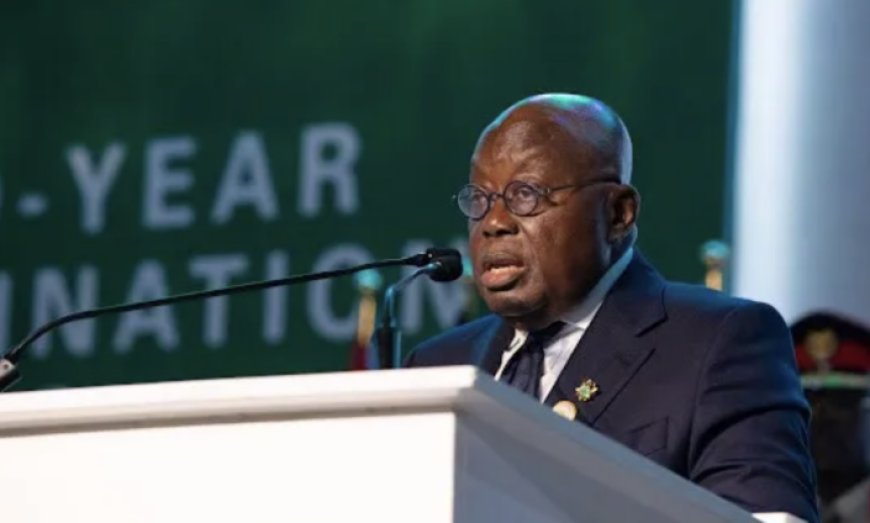Intensify efforts to prevent illicit outflows from Africa — Akufo-Addo to peers

President Nana Addo Dankwa Akufo-Addo has called on his African peers to work with a sense of urgency to stop the illicit financial outflows from the continent.
He said they needed to pay serious attention to and arrest the situation, which was depriving Africa of significant resources that could be used to support its development.
The President made the call at the opening of the Sixth African Union (AU) Mid-Year Coordination meeting in Accra on Sunday.
The meeting aims to harmonise the AU’s policies with those of the Regional Economic Communities (RECs) and the Regional Mechanisms (RMs) and to deepen the Union’s integration agenda.
It will deliberate on pressing issues of economic integration, interregional trade and operations.
The meeting is on the theme “Educate an African Fit for the 21st Century: Building Resilient Education Systems for Increased Access to Inclusive and Lifelong Quality and Relevant Learning in Africa.”
A host of African Heads of States and Governments, the heads of the regional economic communities, the heads of the regional mechanisms, and the members of the AU commission, as well as continental stakeholders are taking part in the meeting.
President Akufo-Addo told the gathering that effort must be made to implement the finding of the Mbeki Commission on illicit financial flows from Africa, made as far back as 2011, which reported the alarming scale at which resources were being illegally siphoned out of the continent.
“Despite the recommendations and the call to action, we have struggled to curb effectively these flows. The persistence of illicit financial flows undermines our ability to finance development projects, weakens governance structures and perpetuates inequality.
“It is imperative that we intensify our efforts to implement the Commission’s recommendations, strengthen our legal or regulatory frameworks and enhance international cooperation to combat these illicit activities.
“By reclaiming these lost resources, we can boost our development financing and ensure that the wealth generated within Africa remains in Africa to benefit our people,” he stated.
Furthermore, the President emphasised that the AU must consider the proposal for African countries to deposit 30 per cent of their reserves in the foreign multinational banks.
He suggested that rather than allowing these resources to sit idly in international banks with often negative interest rates, putting them in African multinational banks will boost the continents self-reliance and the capacity of its financial institutions.
“By retaining a sizable portion of our reserves within the continent, we can enhance the stability and liquidity of our financial systems, providing a stronger foundation for economic growth,” he said.
President Akufo-Addo was optimistic that the approach would empower African banks to support large scale development projects and create a more resilient financial ecosystem that was less dependent on financial institutions.
“I am hopeful that the EU Commission will complete its evaluation of the proposal soon, so that action can be taken on it as quickly as possible,” he said.
Mr Mohamed Ould Ghazouani, AU Chairperson, said the Union was aiming to raise about $100 billion to support export-oriented businesses on the continent to increase their production.
He noted that effective coordination between the AU and the regional blocs was a critical aspect in establishing continental integration and would contribute to the achievement of Agenda 2063, which aims for inclusive and sustainable socio-economic development over a 50-year period.
Mr. Ghazouani said that a strong economic integration among African countries would allow the AU to have a bigger presence at the United Nations General Assembly, the International Monetary Fund, G20 nations and the World Bank.
He added that the African Continental Free Trade Area (AfCFTA) had offered a conducive framework for African countries to enhance bilateral trade and promote economic integration.
Source: GNA
























































